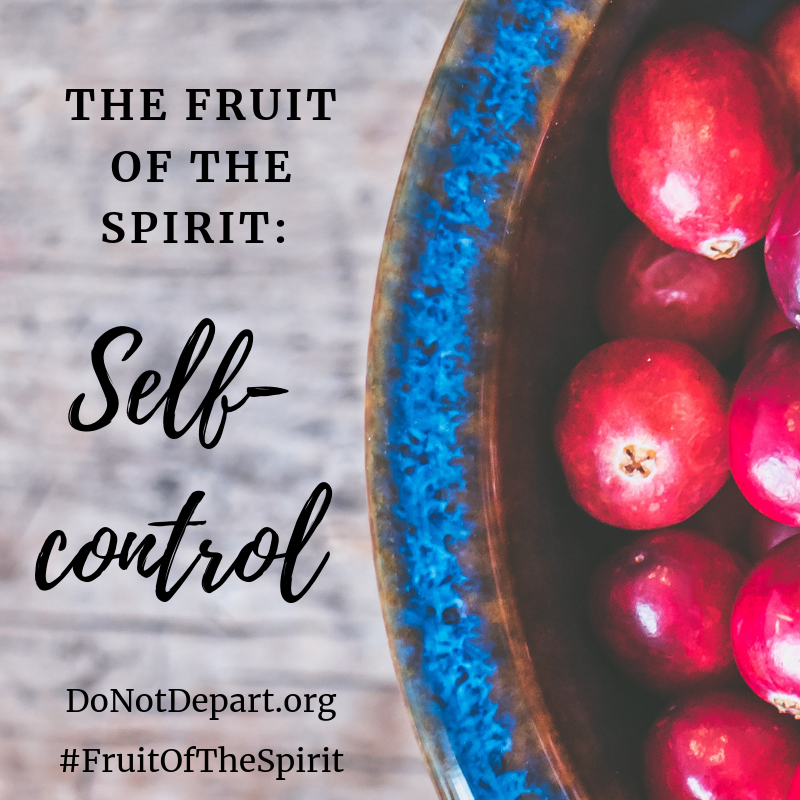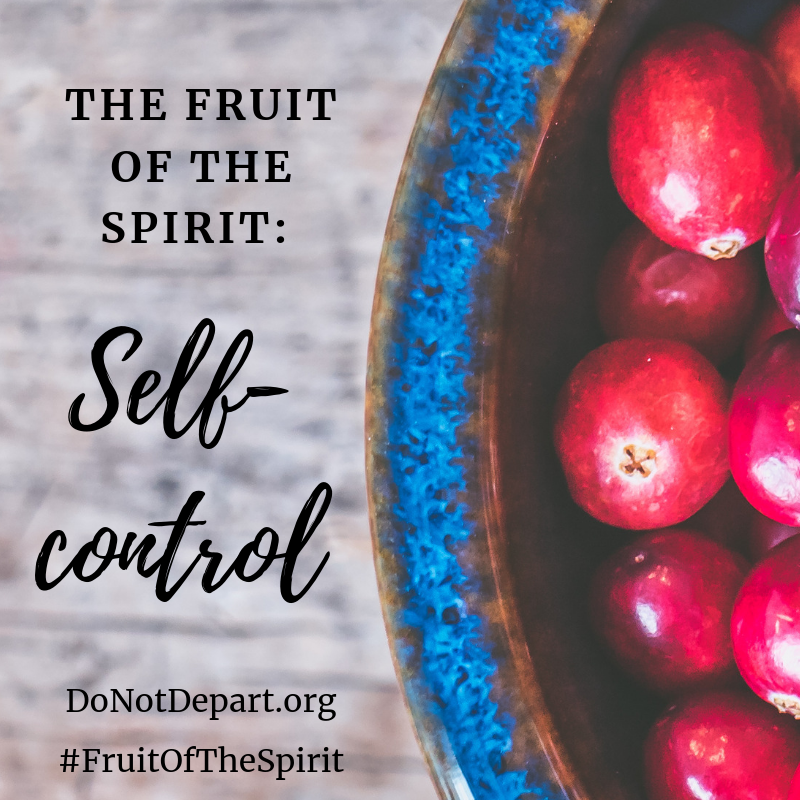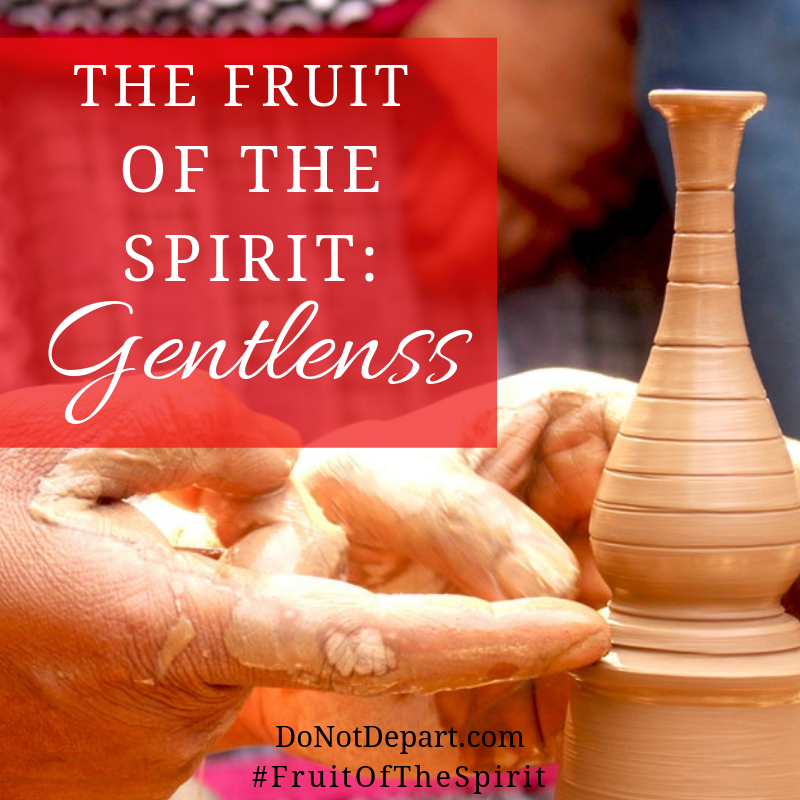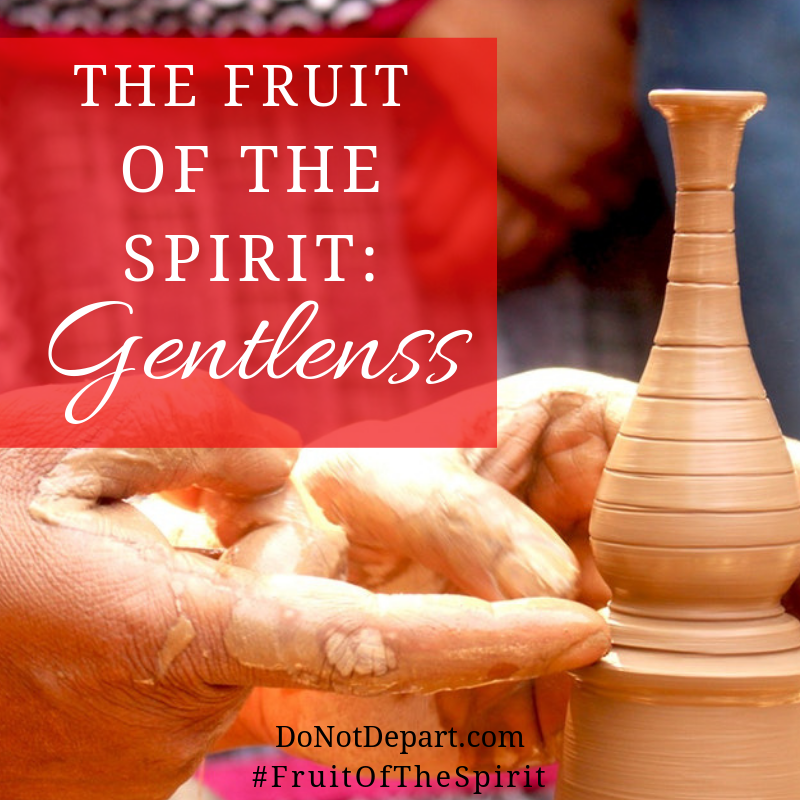All this month on the blog, we’ll be exploring the marriage metaphor found in Scripture. Check out previous posts in this series.

Rare is the marriage that starts as bleakly as Hosea’s did, with this command from God:
“Go, take to yourself a wife of whoredom and have children of whoredom, for the land commits great whoredom by forsaking the Lord.” Hosea 1:2
It is a startling command, and sets the tone for an uncomfortable book, just two verses in. Gomer later bears Hosea’s children, who are named Jezreel, No Mercy, and Not My People. Ouch.
The Adulterous Bride
God wants us to be uncomfortable with the story of Hosea and Gomer! As we have seen, God’s use of the marriage metaphor for His covenant relationship with us has powerful implications… and the possibility of adultery is one of them.
God uses adultery as a metaphor for idolatry, the violation of one of the ten commandments:
“You shall have no other gods before me.” Exodus 20:2
As the Bride of Christ, we are called to have eyes only for the Lord.
Looking for Satisfaction Elsewhere
When a married person looks for satisfaction outside of their marriage, they commit adultery. Love doesn’t have to be the motivator – a choice to break the covenant of marriage is adultery, no matter the reason. Often lust is the primary motivator for adulterous behavior.
How often do we turn away from God, lusting after things of the world? When we look for satisfaction apart from God, it is like looking for satisfaction outside of our marriages.
God Knows Our Tendencies
God knew idolatry was coming. He told Moses:
For when I have brought them into the land flowing with milk and honey, which I swore to give to their fathers, and they have eaten and are full and grown fat, they will turn to other gods and serve them, and despise me and break my covenant. Deuteronomy 31:20
How painful it is to know that our natural tendencies are toward lust, both in earthly relationships, and in our relationship with God!
God’s Love Redeems
But God in His mercy loves us ever so much more than we deserve. In Hosea 3, God commands Hosea to redeem his unfaithful wife:
And the Lord said to me, “Go again, love a woman who is loved by another man and is an adulteress, even as the Lord loves the children of Israel, though they turn to other gods and love cakes of raisins.” So I bought her for fifteen shekels of silver and a homer and a lethech of barley. And I said to her, “You must dwell as mine for many days. You shall not play the whore, or belong to another man; so will I also be to you.” Hosea 3:1-3
Despite our sin and our constantly wavering gaze, God adores His people.
My heart recoils within me;
my compassion grows warm and tender.
I will not execute my burning anger;
I will not again destroy Ephraim;
for I am God and not a man,
the Holy One in your midst,
and I will not come in wrath.
Hosea 11:9-10
When we are unfaithful to our Holy God, we deserve the ultimate punishment. Instead He says “I will have mercy,” and “You are my people.”
And I will betroth you to me forever. I will betroth you to me in righteousness and in justice, in steadfast love and in mercy. I will betroth you to me in faithfulness. And you shall know the Lord… And I will have mercy on No Mercy, and I will say to Not My People, ‘You are my people’; and he shall say, ‘You are my God.’” Hosea 2:19-20,23
When God sent His son Jesus Christ for us, He redeemed us. He loves us so deeply, that despite our wandering ways He has made a straight path back to His arms!
In him we have redemption through his blood, the forgiveness of our trespasses, according to the riches of his grace Ephesians 1:7
Prone to Wander
I will leave you with my favorite verse from the hymn Come Thou Fount of Every Blessing.
Oh, to grace how great a debtor
Daily I’m constrained to be
Let that goodness like a fetter
Bind my wandering heart to Thee
Prone to wander, Lord, I feel it
Prone to leave the God I love
Here’s my heart, oh, take and seal it
Seal it for Thy courts above
– Robert Robinson
Are you prone to wander? Ask God to help you to shift your gaze back to Him when your eyes begin to stray.



















